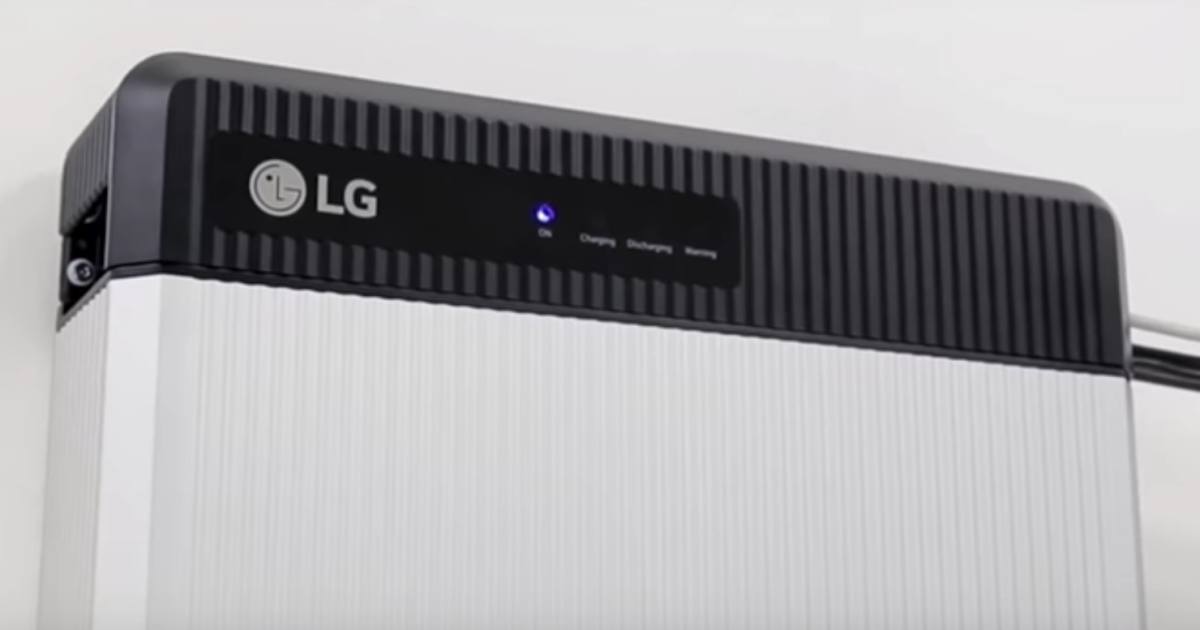Proposed new planning rules in New South Wales will make it easier for households in the state to install solar batteries. But the NSW Government may need to tweak its explainer.
Proposed changes to the Infrastructure State Environment Planning Policy (SEPP), which are now on public exhibition, would mean planning approvals will no longer be required in the majority of cases for the installation of home solar battery systems.
Currently, there isn’t a development assessment pathway for batteries associated with rooftop solar power systems under the Infrastructure SEPP as it stands. This means installation requires a development application, adding time, cost and complexity to the installation process.
“More people are working from home than ever and many of them want their homes to be powered by renewable energy,” said Minister for Planning and Public Spaces Rob Stokes. “This will help homeowners save time and money, cut their future energy bills, reduce demand on the electricity network and contribute to lower energy prices.”
Under the proposed changes, development consent won’t be required if a lithium-ion battery installation meets certain requirements, being:
- Compliance with AS/NZS 5139.2019 Electrical installations – Safety of battery systems for use with energy conversion equipment.
- Passing muster with the Clean Energy Council’s Battery Assurance Program. SQ’s solar battery comparison table lists dozens of CEC-approved home energy storage systems (look for the CEC logo).
- The battery is installed by an appropriately accredited person.
- Fire and Rescue NSW must be notified in advance that a solar battery system will be installed.
- Households will be limited to one battery system, “at a maximum 20kW”.
kW – Or kWh?
Just on the “20kW” bit – it’s possible NSW Government’s explainer document has confused kW with kWh. A kilowatt (kW) is a measure of power and a kilowatt-hour (kWh) a measure of energy1. The reason I think there may be some confusion is the explainer currently also states:
“The average household battery capacity ranges from 6kW to 13kW”
… it likely does when it comes to energy storage capacity (kWh), but not when it comes to power output (kW). For example, a popular battery system is the Tesla Powerwall 2, which offers 5kW continuous power and 13.5kWh usable energy storage capacity. The LG Chem RESU 13 has a usable energy storage capacity of 12.4 kWh and power rating of 5kW continuous.
Whichever it is, installations not meeting the standards will continue to require development consent.
Another solar-related proposed change to the SEPP is large-scale solar farms being identified as ‘electricity generating works’, rather than a ‘solar energy system’ to make more of a distinction between small-scale and large-scale solar.
“The proposed changes will mean that this type of works will only be permissible in prescribed rural, industrial or special use zones,” states the explainer.
Also, the installation of solar panels to power telecommunications facilities would no longer require development consent.
The NSW Department of Planning, Industry and Environment is currently seeking feedback on the proposed changes – further details on making a submission can be found here. The closing date for submissions is September 13, 2021.
Footnotes
- Learn more about the difference between power and energy – it’s important to know ↩


 RSS - Posts
RSS - Posts



It would be a cheaper option just the get an EV and go with V2H